Nigeria offers various visa types to cater to different purposes of travel. Whether you’re planning a business trip, tourist visit, or seeking employment, understanding the various visa options is crucial for a successful application.
Short-Term Visas
– Transit Visa: For travelers passing through Nigeria to another destination, valid for 1-7 days. Requires a valid visa for the next destination and confirmed onward ticket.
– Tourist Visa: For individuals visiting Nigeria for tourism, leisure, or family visits, typically valid for 3 months. Requires proof of accommodation, travel itinerary, and sufficient funds.
– Business Visa: For travelers engaging in business activities, such as meetings or conferences, usually valid for 3 months. Requires an invitation letter from a Nigerian company and proof of business activities.
Employment and Work Visas
– Subject to Regularization (STR) Visa: For expatriates taking up employment in Nigeria, allowing them to enter and start the process of obtaining a long-term work permit. Requires employment documents, expatriate quota approval, and relevant certificates.
– Temporary Work Permit (TWP): A single-entry visa for experts providing specialized services, valid for up to 3 months. Requires a visa authority letter, invitation letter, and proof of professional qualifications.
– Employment (Expatriate) Visa: For foreign nationals hired under an approved expatriate quota, valid for an initial 90-day entry and renewable for up to 2 years. Requires an employment letter, quota approval, and relevant credentials.
Academic and Cultural Visas
– Academic Exchange Programme (AEP) Visa: For students, lecturers, or researchers participating in educational exchange visits, valid for up to 90 days. Requires letters of invitation and acceptance from Nigerian institutions and academic credentials.
– Student Visa: For individuals pursuing full-time studies at approved Nigerian educational institutions, commonly valid for the duration of the academic program. Requires an official admission letter, proof of financial support, and valid medical insurance.
– International Cultural Exchange Visa: For participants in cultural exchanges facilitated by a Memorandum of Understanding between Nigeria and another country, valid for 30 days. Requires proof of accommodation, funds, and official documentation.
Other Visa Types
– Diplomatic and Official Visas: For government officials and diplomats, valid for up to 2 years. Requires an official invitation from the Nigerian government and diplomatic note from the home government.
– Investors Visa: For foreign investors establishing or expanding businesses in Nigeria, with varying validity periods depending on the investment type. Requires proof of investment, business plan, and financial capacity.
– Retirement Visa: For foreign retirees wishing to relocate to Nigeria, allowing long-term residency without formal employment. Requires proof of stable retirement income and local accommodation.
Visa Application Process
1. Determine the type of visa you need based on your purpose of travel.
2. Complete the application form accurately and pay the applicable visa fee.
3. Gather required documents, such as proof of accommodation, travel itinerary, and sufficient funds.
4. Schedule an appointment at the nearest Nigerian embassy or consulate for an interview or biometric data collection.
5. Attend the visa interview and wait for processing.
6. Collect your visa once approved.
Tips for a Successful Visa Application
– Apply early to avoid last-minute issues.
– Ensure all documents are complete and accurate.
– Provide truthful information during the application and interview process.
– Follow instructions provided by the Nigerian embassy or consulate.
Common Reasons for Visa Denial
– Incomplete application or insufficient funds.
– Inconsistent information or discrepancies between application and supporting documents.
– Criminal record or inability to clearly state the purpose of visit.
Understanding the different types of visas available for Nigeria is crucial for a successful application. Whether you’re planning a short-term visit, seeking employment, or pursuing academic or cultural opportunities, knowing the requirements and process for each visa type can help you navigate the application process with ease.
By following the tips outlined in this guide and ensuring that you provide complete and accurate documentation, you can increase your chances of a successful visa application. Remember to apply early and follow the instructions provided by the Nigerian embassy or consulate.
Final Tips
– Plan ahead and apply early to avoid last-minute issues.
– Ensure you understand the requirements for your specific visa type.
– Provide complete and accurate documentation.
– Follow the instructions provided by the Nigerian embassy or consulate.
– Be prepared for the visa interview and provide truthful information.
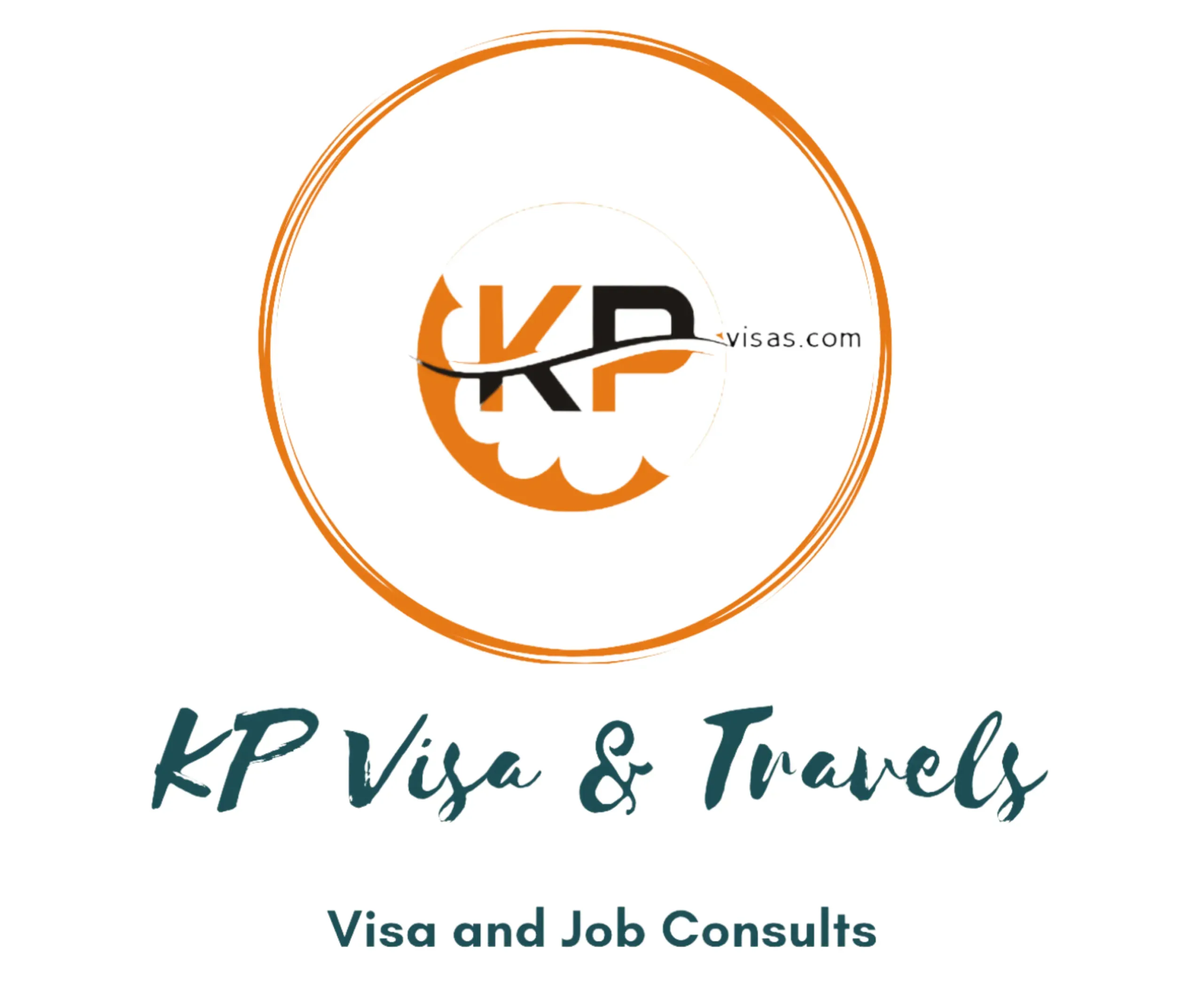
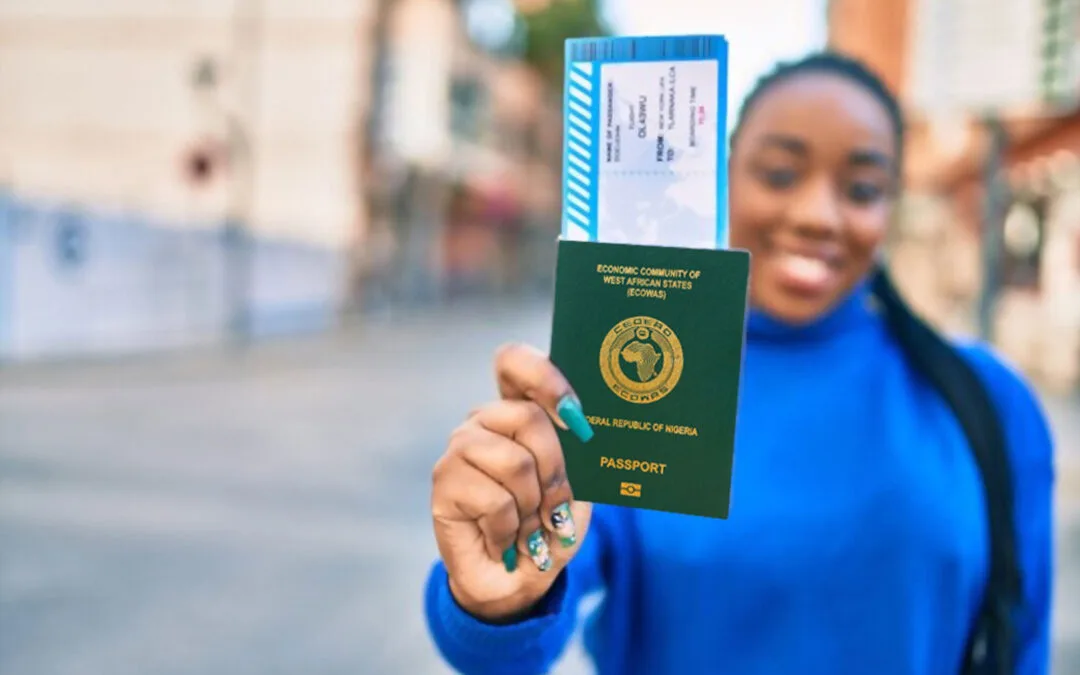
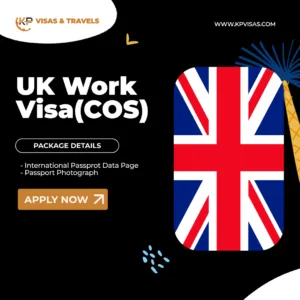
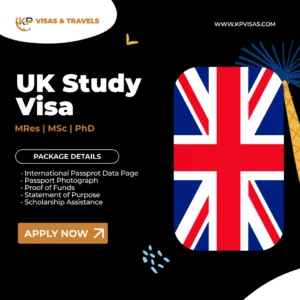
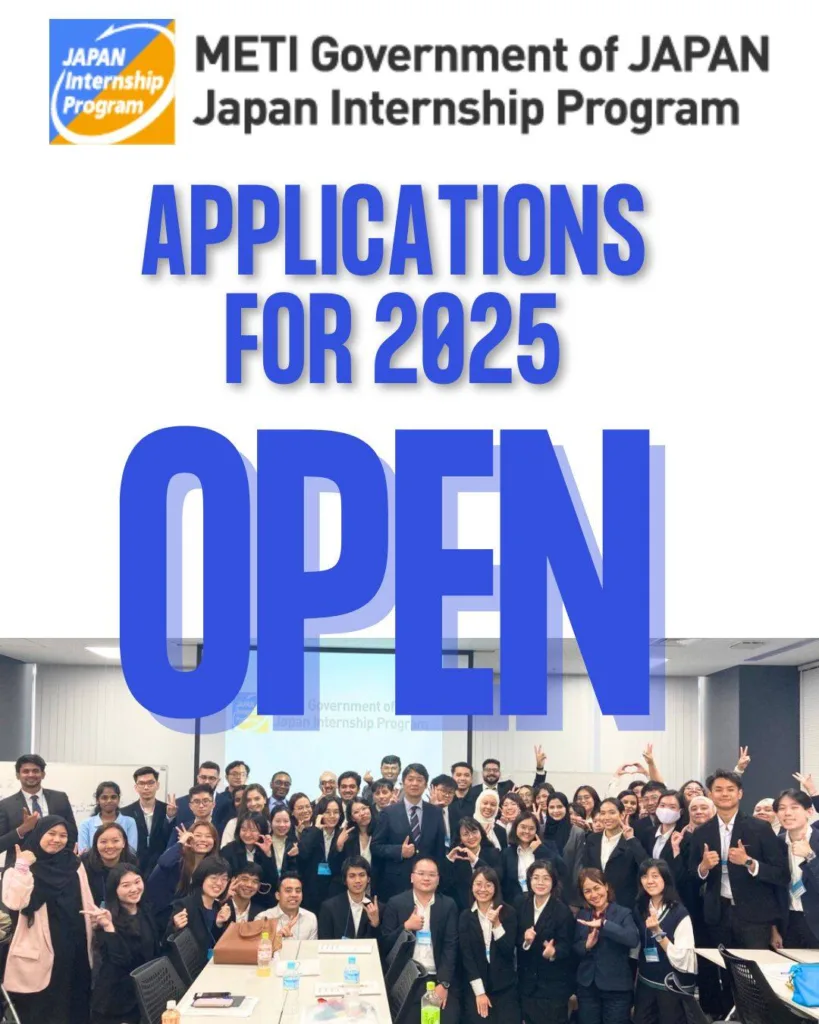


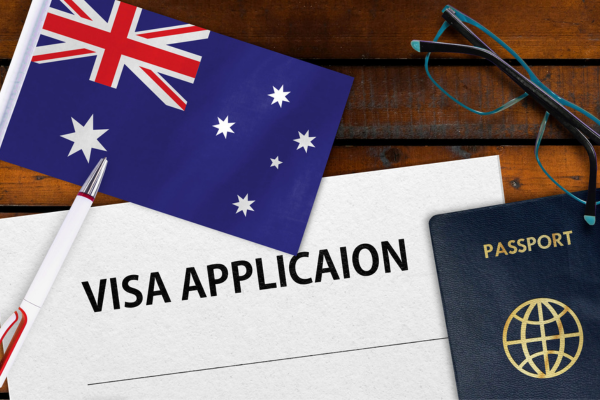



No responses yet